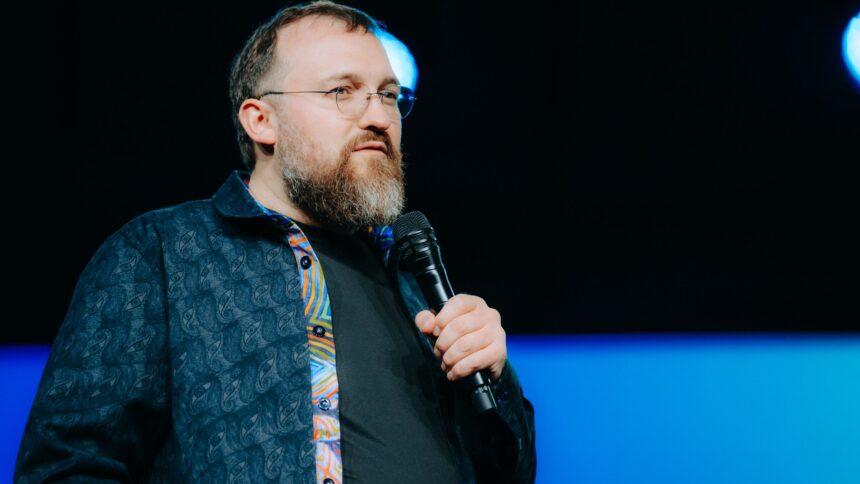Charles Hoskinson, the founder of Cardano and an early co-founder of Ethereum, has delivered a striking critique of the American healthcare system, asserting that it is not broken but functioning precisely as it is designed—an assertion he believes is problematic. In a candid interview with CoinDesk TV at the Rare Evo conference held in Las Vegas, Hoskinson noted, “Healthcare is just fucked in America. It’s just fucked. Everybody knows it’s true. Yet they all try to continue making the system go because it’s just too profitable.”
Hoskinson’s criticism is more than just opinion; he is backing it with a significant financial commitment—an investment of $200 million in a medical center in Gillette, Wyoming, designed to serve approximately one-third of the town’s population. His vision for this multi-million dollar initiative is straightforward: “If they can’t pay, don’t charge ’em.”
In elucidating the rationale behind his sizable investment, Hoskinson highlights the economic disincentives embedded in the current system, particularly the payment structures for doctors. He explains that doctors receive the same compensation for treating patients regardless of their individual health complexities, which results in detrimental incentives. For example, he contrasted care for a 75-year-old patient with multiple health challenges to that of a 16-year-old with a simple urinary tract infection, pointing out that doctors are incentivized to administer a one-size-fits-all approach to care.
The impact of this model, according to Hoskinson, is far-reaching. He emphasizes that it discourages coordination, meaningful communication, and long-term care planning, leading to a system where chronic illnesses are more lucrative than effective treatment.
Drawing on his family background—his father, brother, grandfather, and uncle are all doctors—Hoskinson feels uniquely positioned to advocate for change. He proposes the establishment of a healthcare facility that prioritizes patient care over bureaucratic processes and billing codes. Key to this vision is the integration of advanced technologies, including artificial intelligence and blockchain.
Hoskinson envisions utilizing AI as a supportive tool for physicians rather than a replacement. The AI system would analyze comprehensive medical information to help clinicians develop updated care plans and identify critical patient cues in real-time. Features such as flagging potential drug interactions and transcribing patient visits are also part of his technological outlook.
Moreover, Hoskinson aims to incorporate blockchain technology, citing tools like selective disclosure and zero-knowledge proofs, which could verify essential patient information without compromising personal details. He is committed to open-sourcing the entire project, including protocols and software, to facilitate its adoption in other regions, stating, “We’re not here to make money off of [it].”
Beyond infrastructure and technology, Hoskinson is advocating for a fundamental policy overhaul in healthcare, arguing for an insurance model that functions similarly to traditional insurance—providing coverage for catastrophic events rather than routine care.
Despite his ambitious plans, Hoskinson is facing considerable resistance from the existing medical establishment. He has alleged that local hospitals are actively hindering his efforts, with bureaucratic obstacles such as lengthy credentialing processes for medical professionals.
As he embarks on this mission to reshape healthcare, Hoskinson perceives it as more than just a business endeavor; he sees it as a legacy he shares with his family. “I put $200 million of my own money into my clinic and we’ve been building for the last three years, and I legitimately want to solve this problem,” he stated. For him, improving healthcare is not just a professional goal but a personal commitment to what he deems the most pressing issue facing America today.






